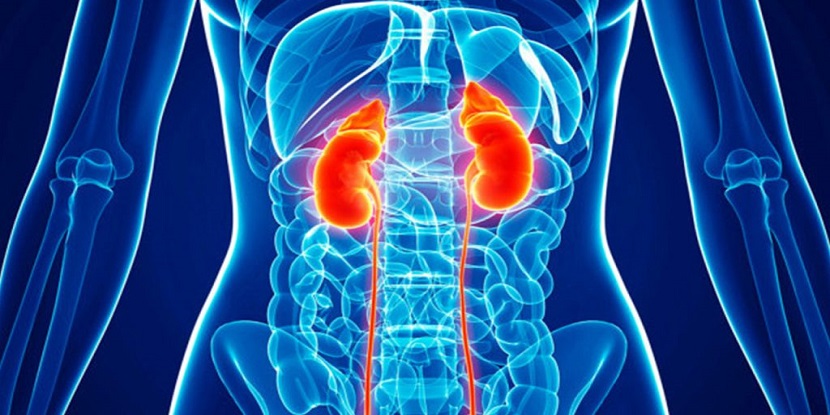The kidney is the filtration plant of the body. Its main function is maintaining hemostasis. It also removes waste and harmful byproducts from the food, medications and toxic substances that enter the bloodstream. Keep the amount of electrolyte in balance, regulate fluid content and blood pressure.
Besides these functions, the kidney secretes certain hormones that are essential in stimulating the production of red blood cells, absorption of calcium for bone strength and regulation of blood volume and pressure. Irregularities in any of these functions result in kidney diseases.
On average, around seventeen million people in Pakistan are affected by kidney disorders. Ranking Pakistan 8th among the countries having a high frequency of kidney diseases. The main reason behind the high rate is being diagnosed late and the prevalence of metabolic disorders such as Hypertension and Diabetes.
Chronic kidney disease abbreviated as CKD is the most common form of kidney disorders found in patients with kidney diseases. It is a long-term medical condition in which the workload on the glomerulus (a part of the kidney which filters the blood from waste to form urine) increase due to persistent high blood pressure.
Glomerulus has tiny and delicate capillaries that do not bear high blood pressure, hence the deterioration of those capillaries begins resulting in a diseased kidney. Glomerulonephritis is another form of kidney illness in which the blood capillaries present in the glomerulus start to inflame in response to an underlying infection already present in the body.
Polycystic kidney disease or PKD is the fourth leading cause of kidney failure among all the diseases. Fluid-filled sacs known as cysts are formed in the kidneys that damage the renal tissues depriving the organ to function normally. It can be acquired or inherited. Inherited PKD occurs when there is a mutation in the genetic makeup. Acquired PKD occurs in people on dialysis or with prolonging kidney diseases.
Urinary tract infections (UTI) are those infections that are caused due to any bacteria. The bacteria can affect any part of the urinary tract, including the urethra and bladder. If the infection is not treated, it can spread to the kidney rendering it prone to kidney failure.
The initial symptoms that occur are puffiness around the eyes and swelling around the ankles or feet, trouble in sleeping due to frequent urination at night. As the disease progress, there is an increase in the severity of symptoms, such as increased fluid retention ending up in swelling of the joints, decreased appetite, fatigue and alternations in urine output.
Once the kidney gets affected it does not usually reverse, but can be prevented from advancing to a dangerous level. Self-medication or excessive drug intake proves the basis for disrupting kidney functions. The patients with metabolic disorders for instance, hypertension should not let this condition leading to other illnesses.
By controlling high blood pressure through medications and lifestyle changes, eating healthy, cessation of salt and fats can help in managing normal blood pressure. After a certain age, a regular medical checkup can help in developing many fatal diseases. But, if you have been diagnosed with kidney illnesses you should take proper medications for short term treatment and dialysis for long term management.
image source link

















